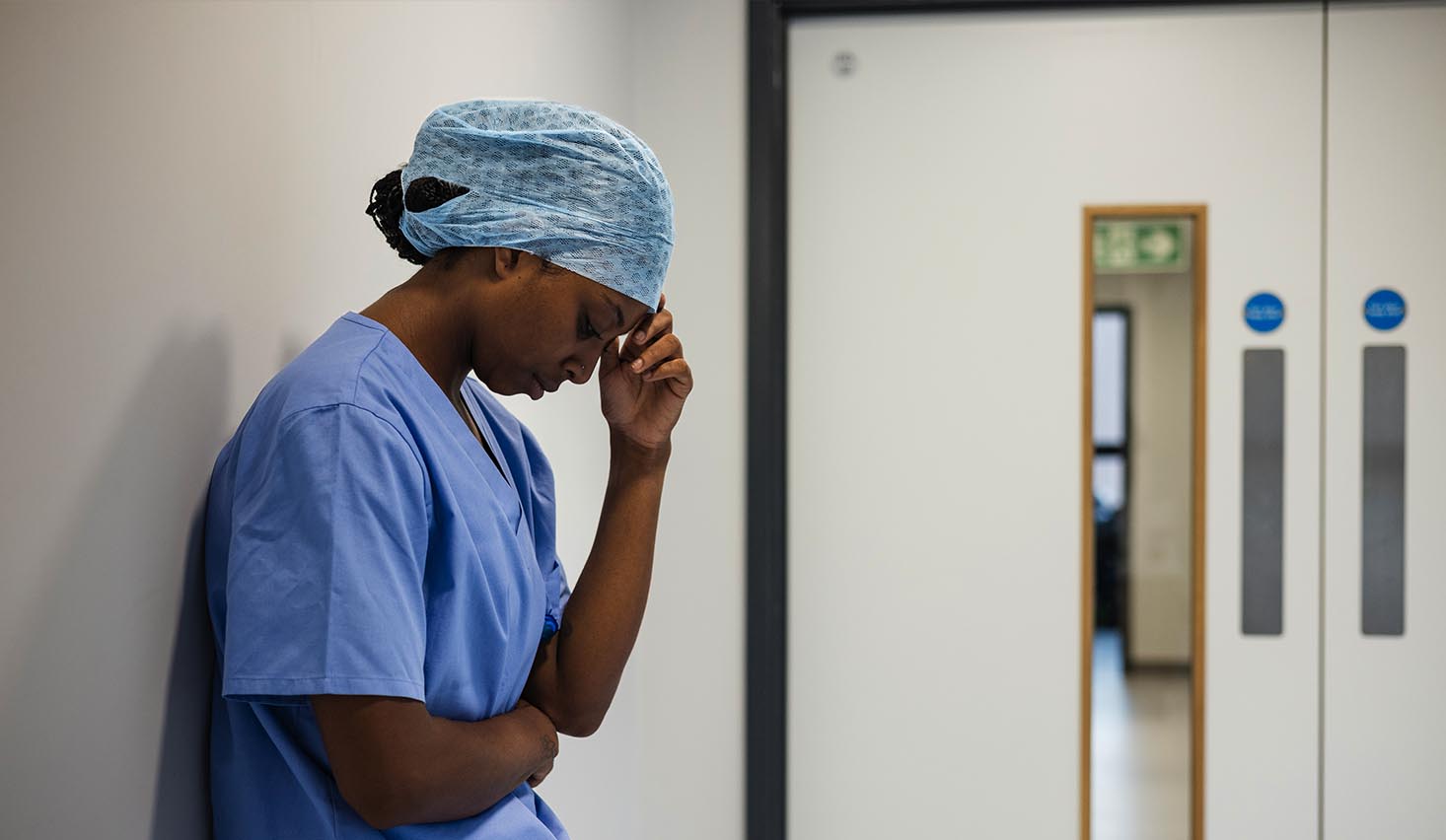
Politicians prepare for battle over NHS performance as general election approaches
A general election is on the horizon and it’s inevitable that one of the major battlegrounds will, once again, be the NHS.
And the flurry of reports and surveys about the NHS, which have been published in just the last few weeks, are certainly adding fuel to the fire and turning up the heat on all parties.
First was the British Social Attitudes survey, which is conducted by the National Centre for Social Research with results published by the Nuffield Trust and the King’s Fund. Running since 1983, it is heralded as the “gold standard” in terms of a measure of public satisfaction with the health service – and the results of the 2023 survey do not make for easy reading.
A new record low was set with just 24% of the 3,000 or so people polled, saying they were satisfied with the NHS in 2023. That is five percentage points down on last year and a huge drop in satisfaction levels from the 2010 high of 70%.
Moreover, more than half (52%) said they were dissatisfied, which is a new record high, and which certainly feels like a far cry from the days when we were clapping the NHS on our streets during the pandemic.
During a period beset by strikes, walk outs and scandals, it’s no wonder that the major reasons for dissatisfaction were long waiting times, staff shortages and lack of funding, with A&E, dentistry and social care being the services that people were most dissatisfied with.
And if this wasn’t enough, just a few weeks later, NHS data revealed that key targets on waiting lists and waiting times in A&E in England have been missed, which brought Rishi Sunak out in the media spotlight to defend his party’s record on the NHS.
Here in Wales, our newly elected First Minister, Vaughan Gething, has already set out his stall, putting the NHS front and centre on his to-do list. In his mission statement to the Senedd, a month after being elected, Mr Gething said: “It’s clear that the NHS, and reducing waiting times, is a top priority for the people of Wales, and the same is true for us as a government.”
Addressing the multitude of issues that surround the NHS – from waiting lists and waiting times to the lack of funding and dearth of staff – is clearly crucial for politicians as we hurtle towards an election because, although a growing swell of people are becoming increasingly frustrated with the way the health service operates, they still passionately believe in it.
The same British Social Attitudes survey revealed that people remain committed to the three core principles of the NHS – funded by the state through taxes, free at the point of use and available to all. This support is un-wavering, with more than 90% supporting its universality and 82% believing it should still be both tax-funded and free at the point of use.
So it’s not that people want a new model of healthcare in the UK – they just want the existing model to work better. A challenge that has been laid down to successive governments and that the current crop of prospective parliamentarians will need to tackle head-on.
We do a lot of work with NHS organisations in Wales and across the country and what they tell us is that, despite the big challenges that the NHS is facing at the moment, the combination of integrated working, digital technology and massive improvements in artificial intelligence are likely to transform the NHS for the better in the next few years, which indicates that there is real hope for the NHS in the longer run.
It’s perhaps timely that Nye – a new play by the National Theatre and Wales Millennium Centre – is about to hit the stage in Cardiff. With Michael Sheen playing Aneurin Bevan, it depicts the Welsh politician revisiting the key moments in his personal and political life as he faces his own death. I’ve yet to see it – although a friend who has, said that, just like the reports and surveys mentioned above, it is both a judicious reminder about how lucky we are to have the NHS but also a warning on how we must continue to invest in it and do whatever we can to make sure it’s fit for purpose.
This article was written by our chief executive, Angharad Neagle, and featured in the Western Mail on 22 April 2024
